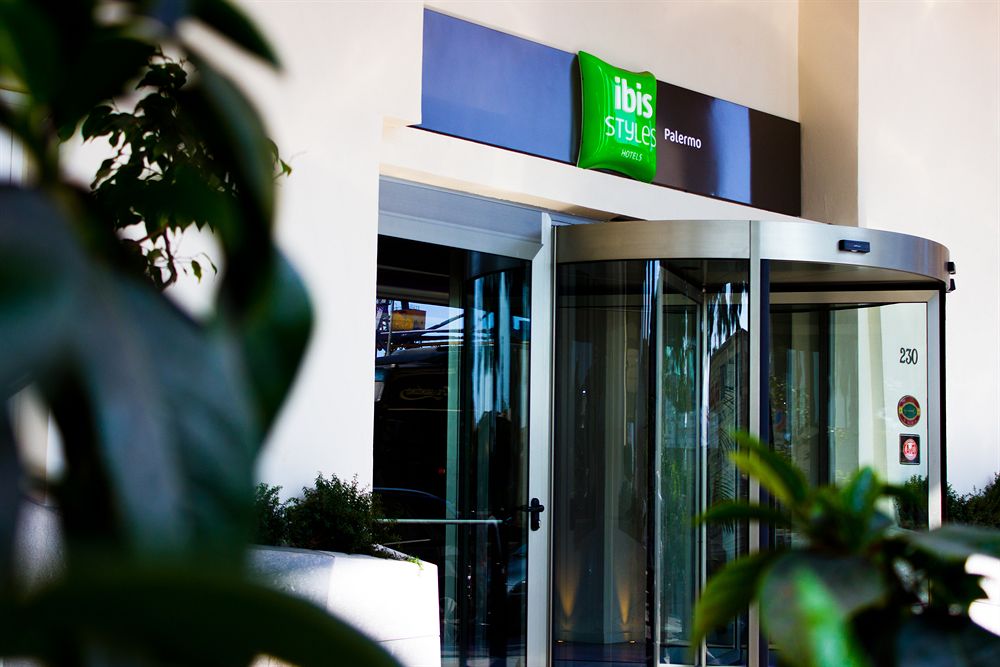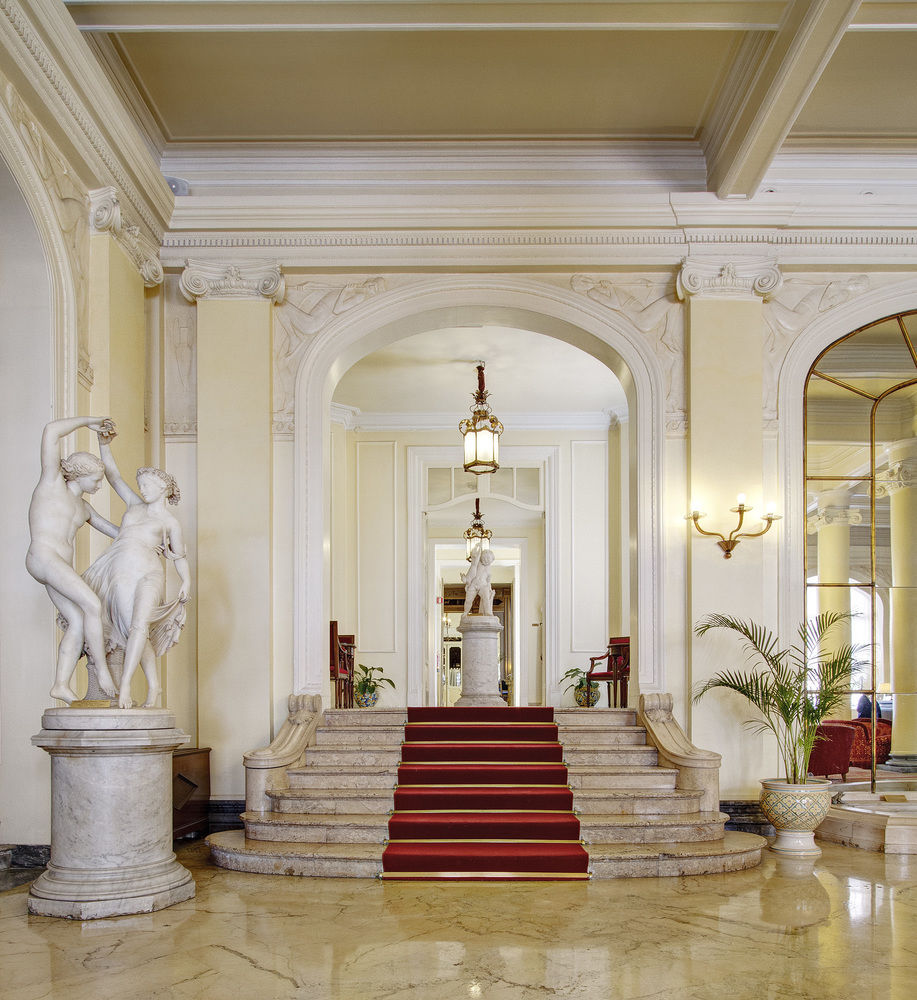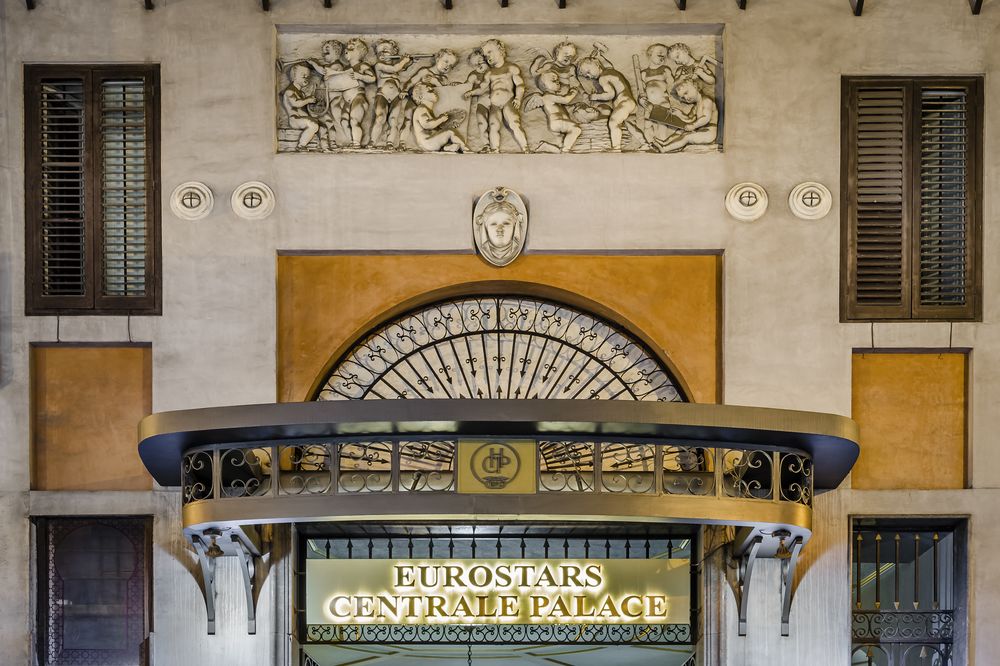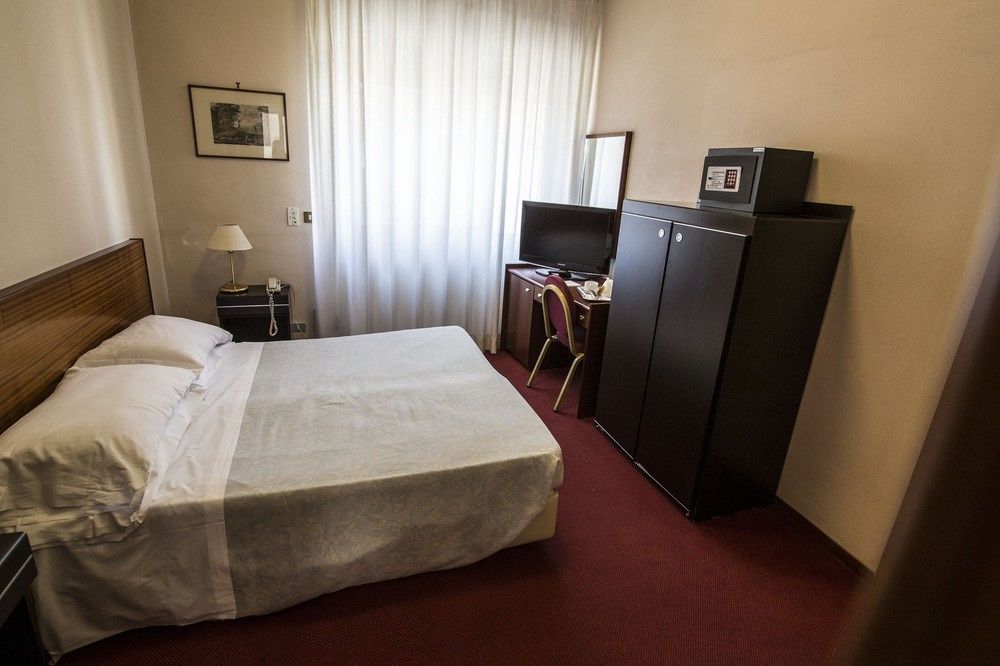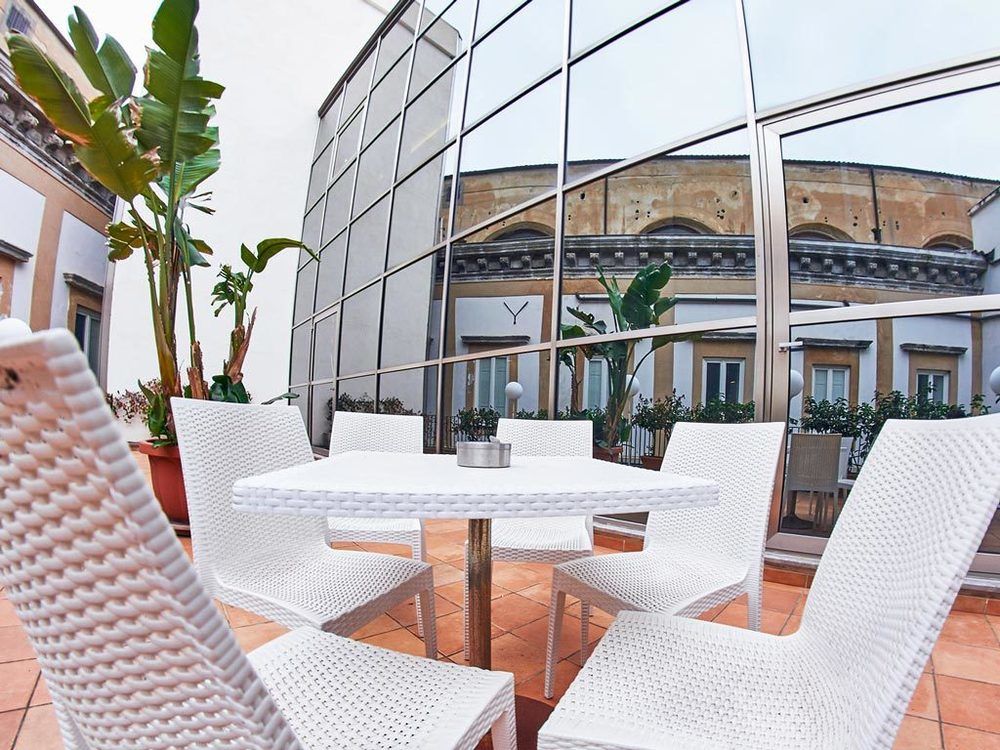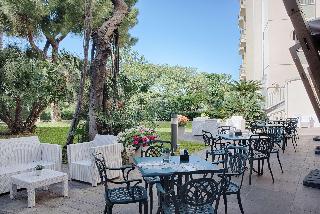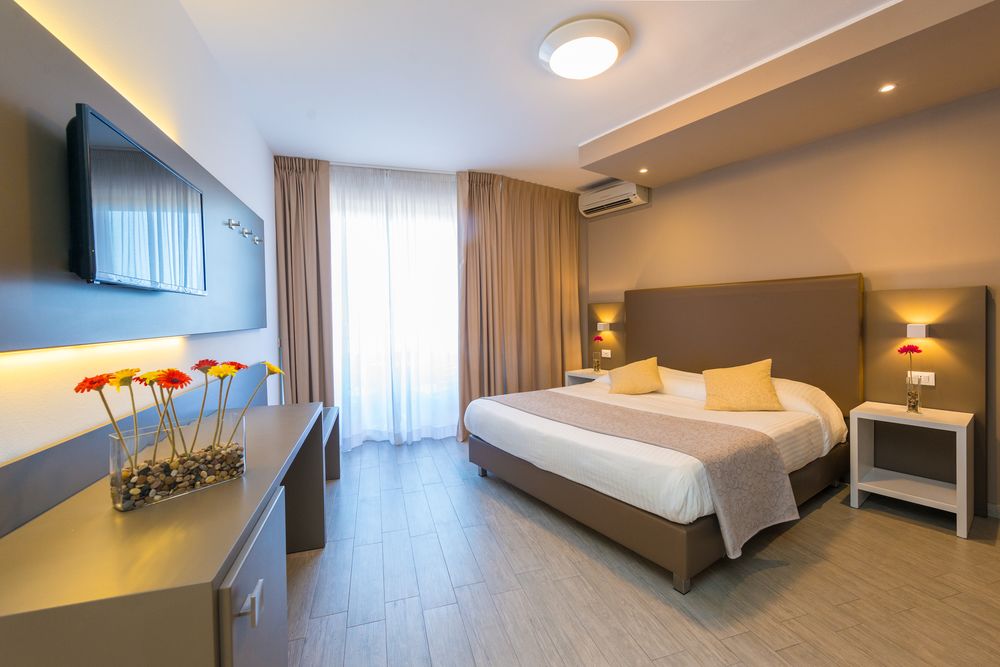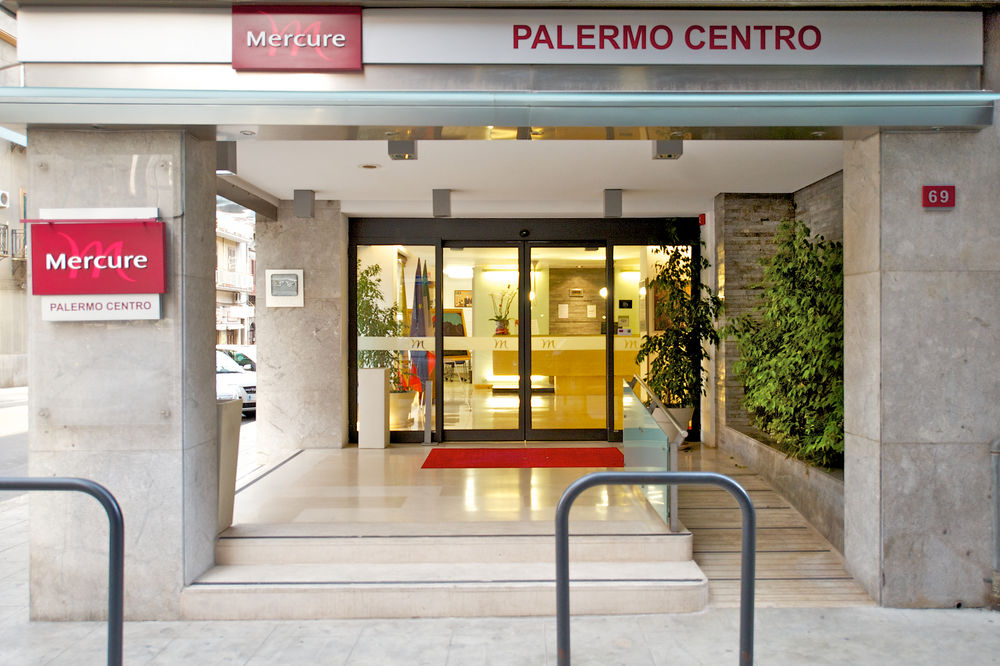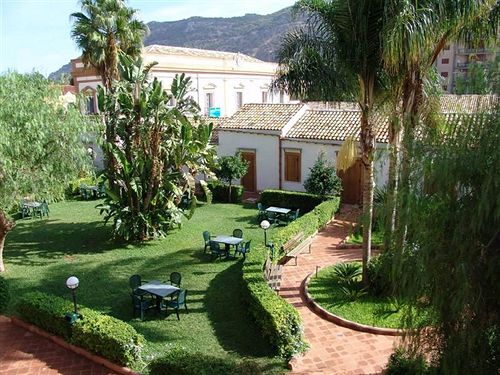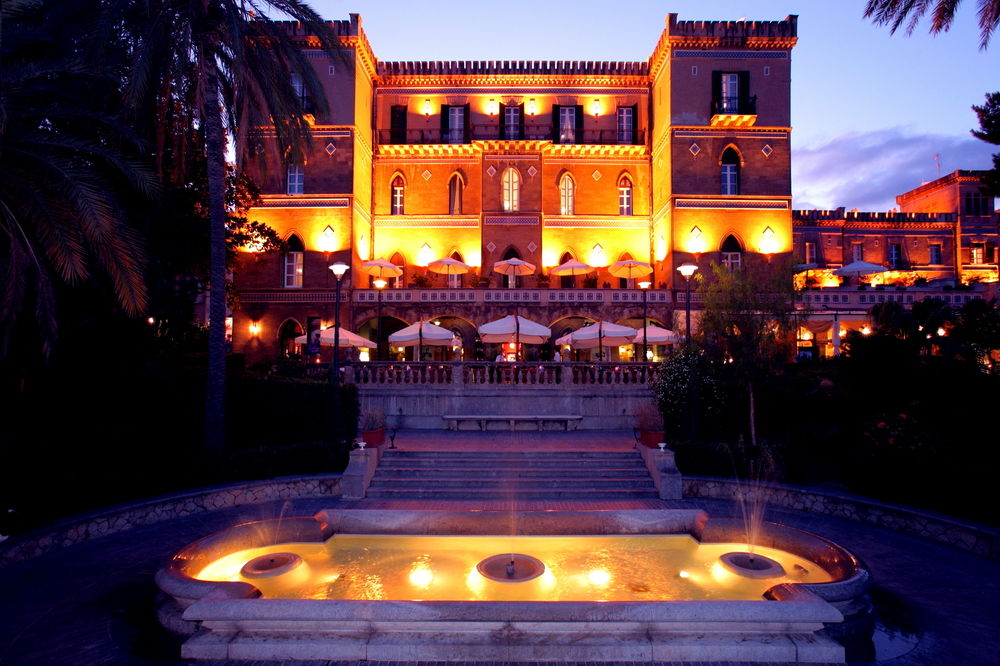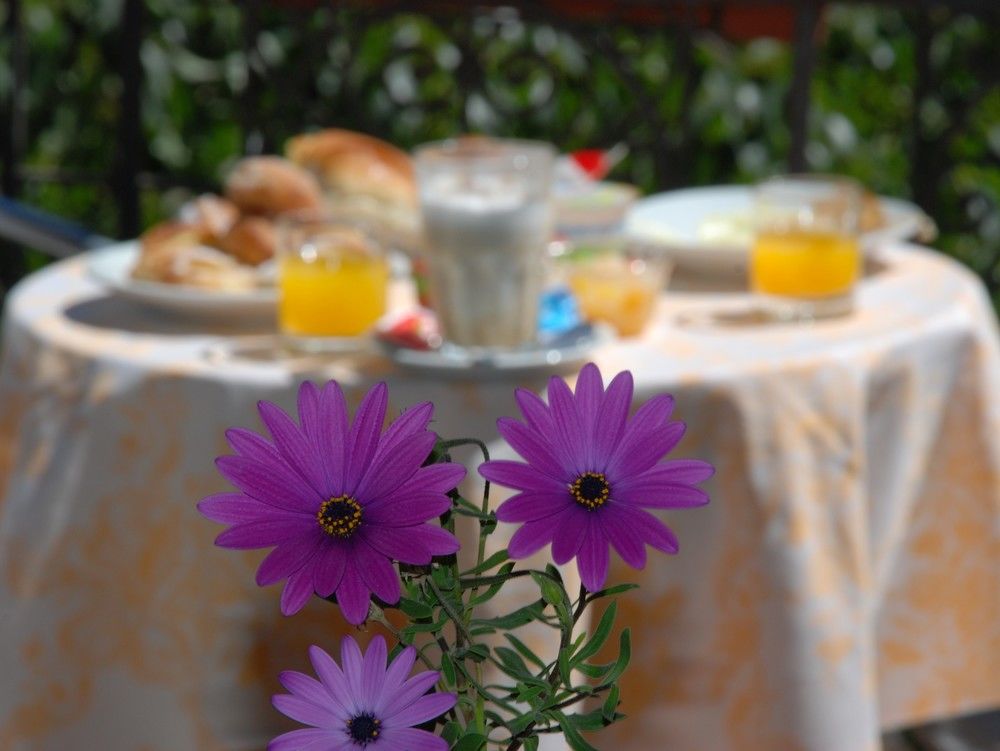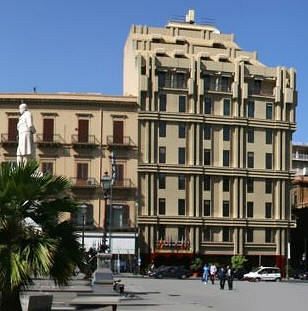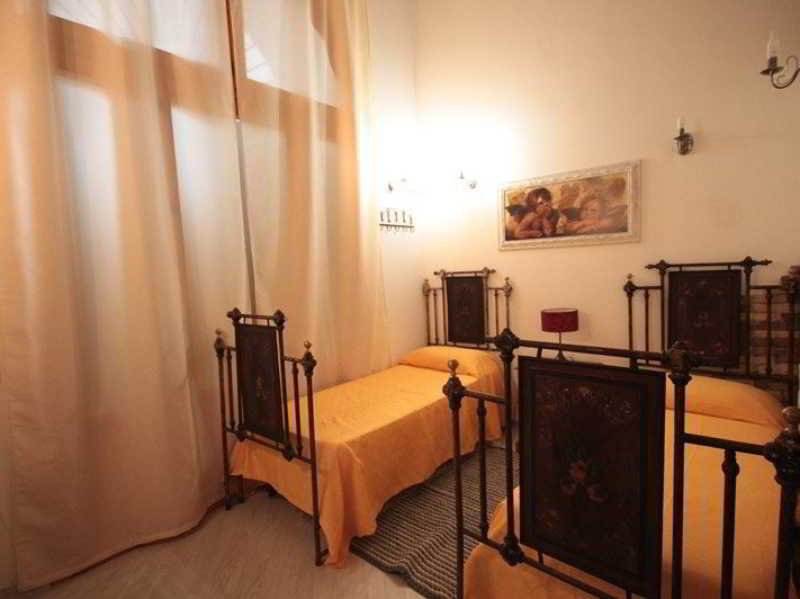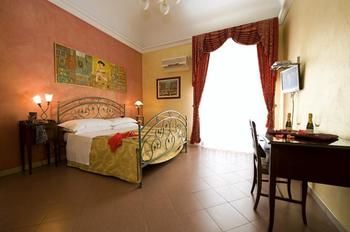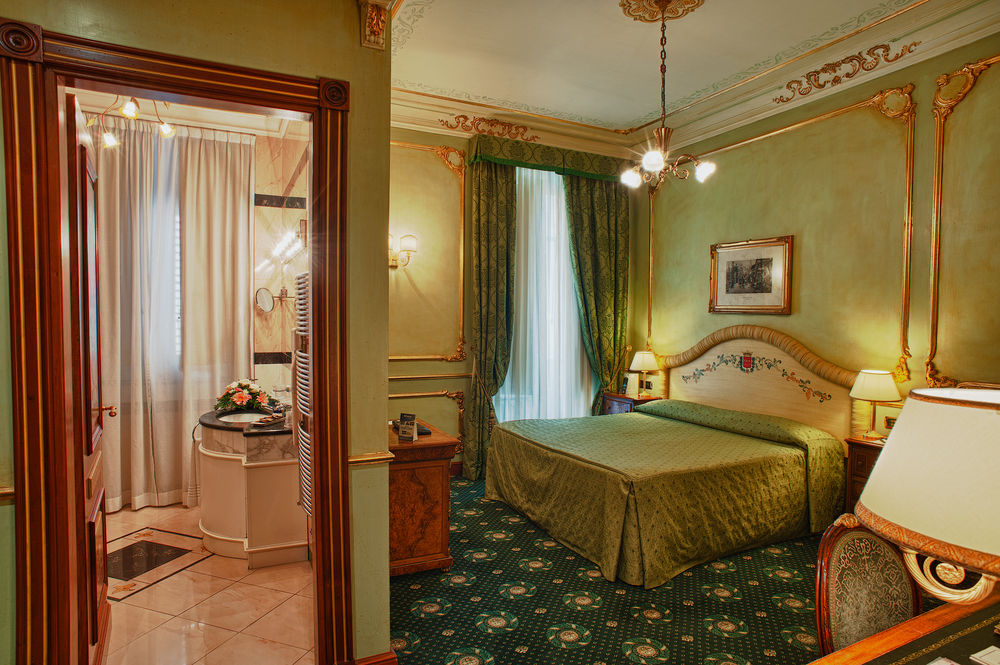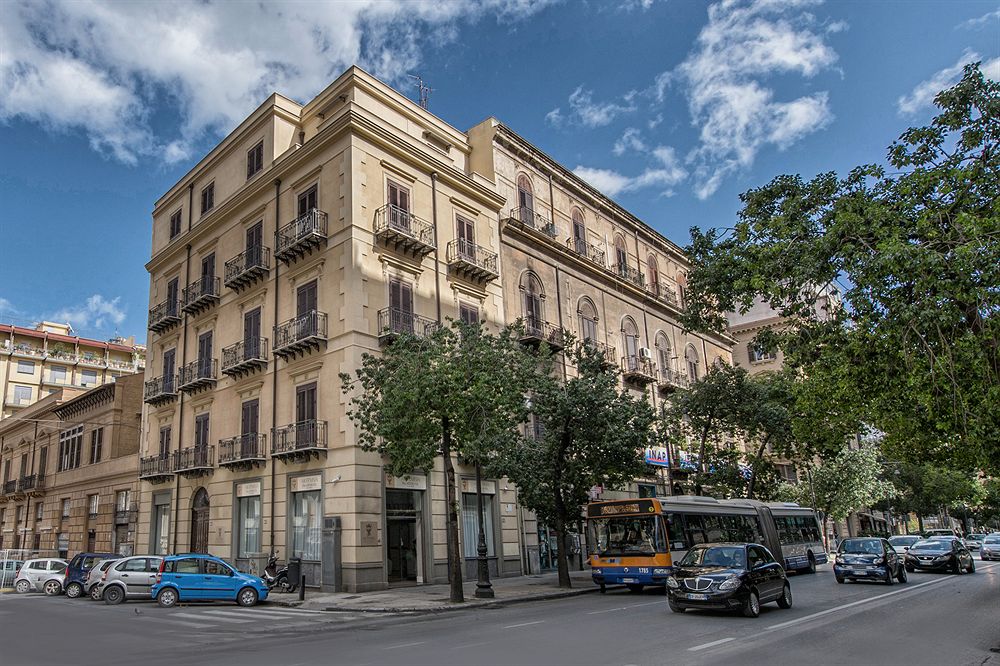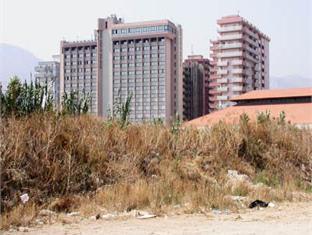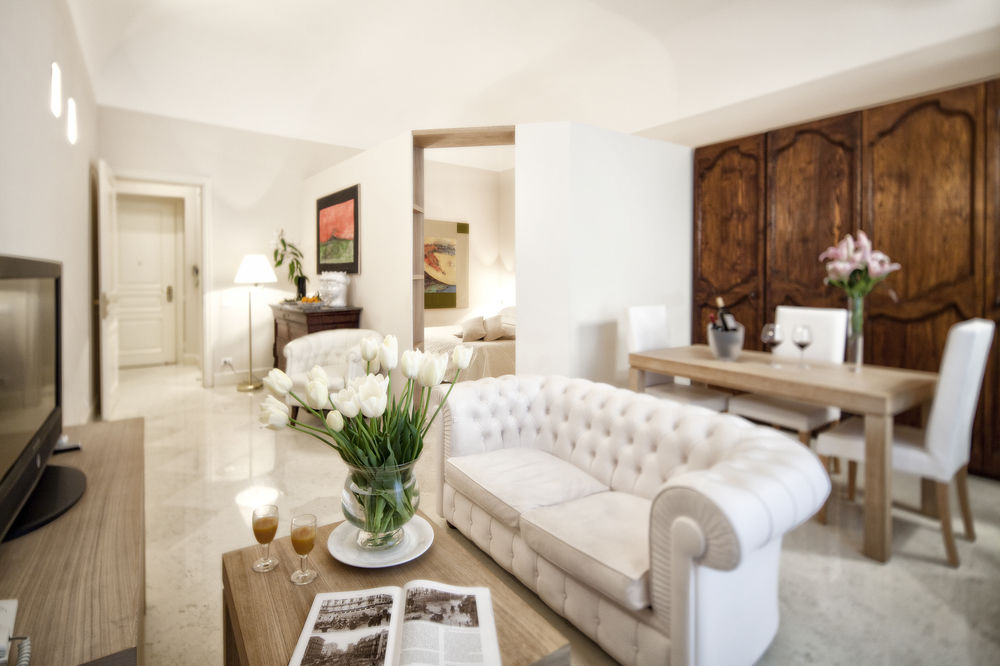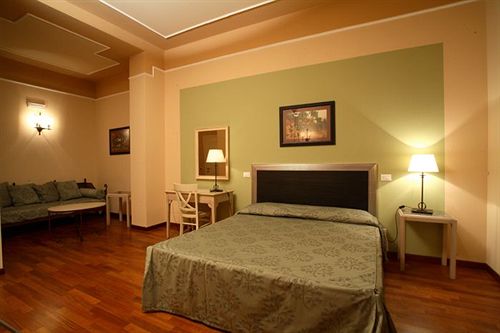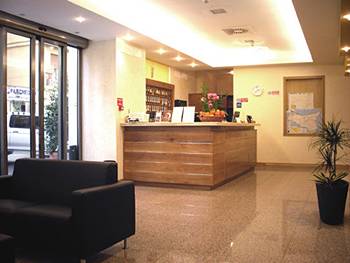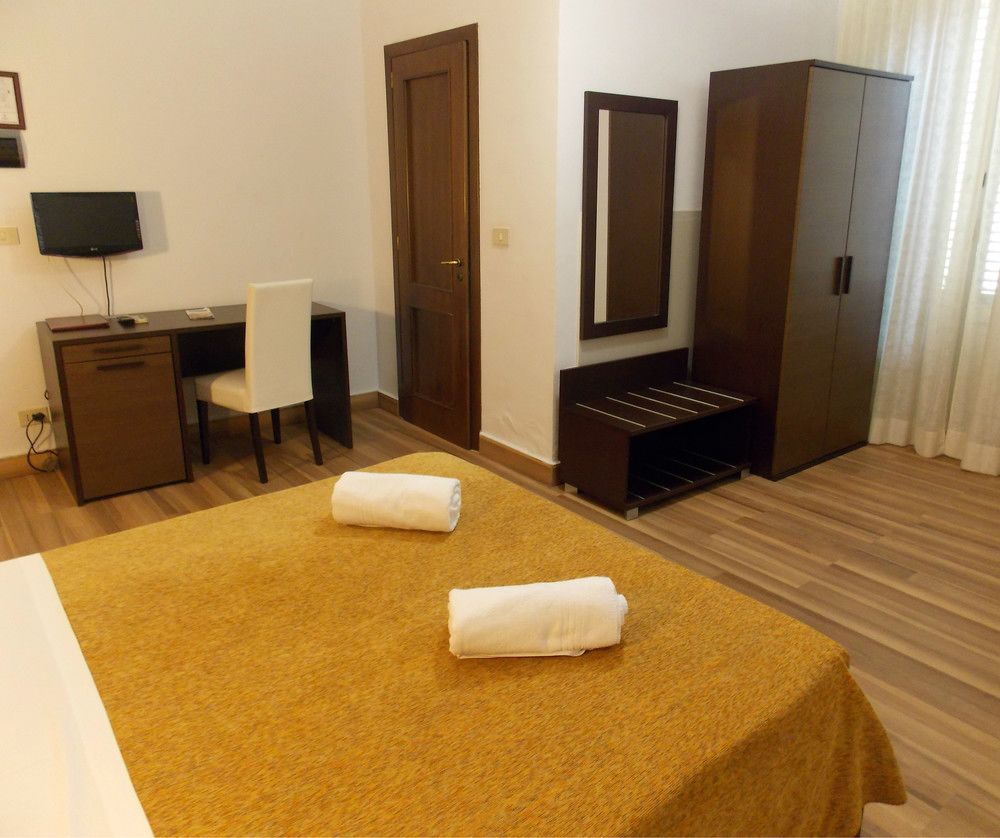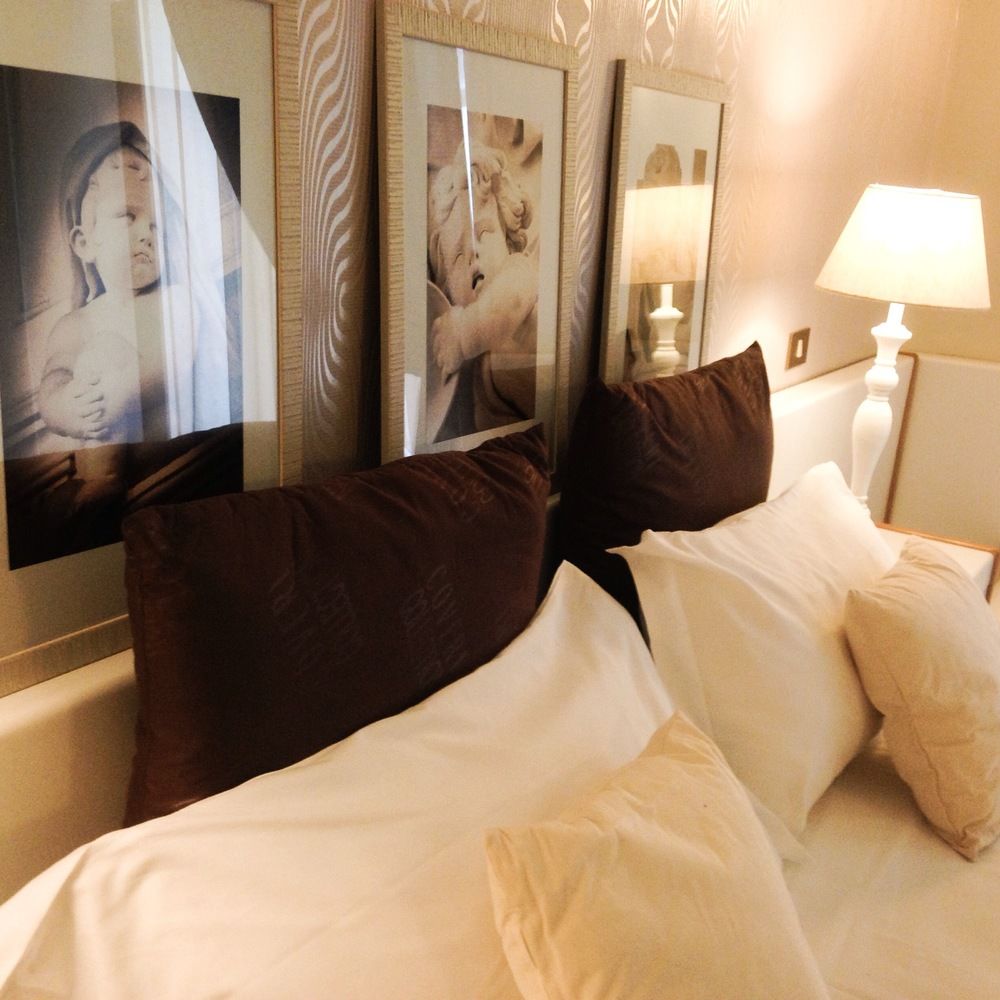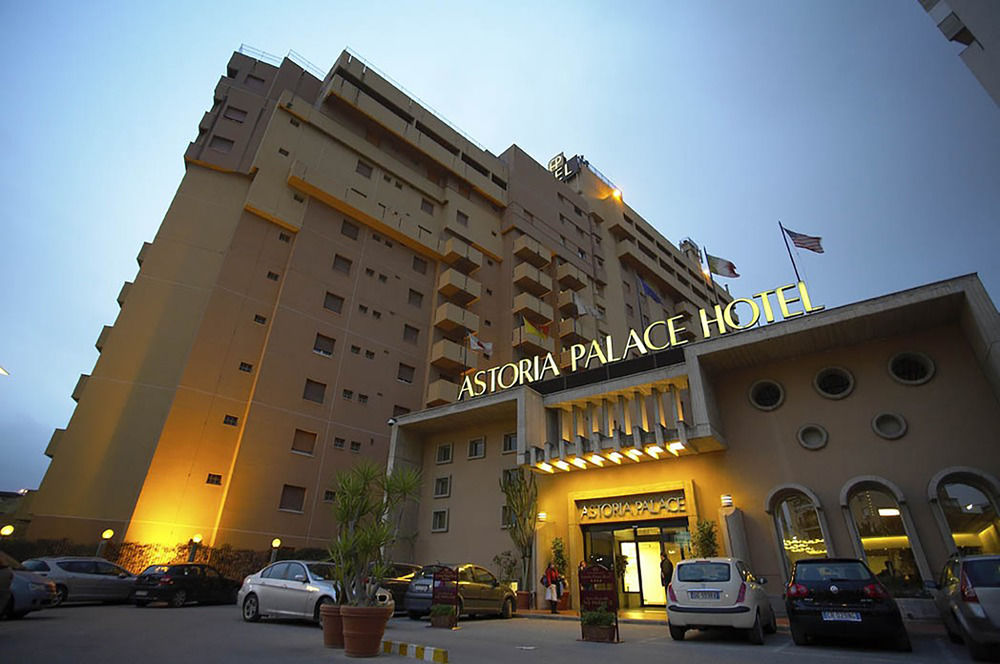
Find hotels in Palermo
Lowest prices detected by AI for hotels
Best
Cheapest
Star Ratings
AI Recommended
Best Hotels In Palermo
Cheapest Hotel Deals in Palermo
Top Rated Hotels
5 Star Hotels in Palermo
4 Star Hotels in Palermo
3 Star Hotels in Palermo
AI-recommended Destinations
Where to stay in Palermo
More About Palermo
“The graceful city of Sicily”
Palermo (Italian: [paˈlɛrmo] ( listen), Sicilian: Palermu, Latin: Panormus, from Greek: Πάνορμος, Pánormos) is a city of Southern Italy, the capital of both the autonomous region of Sicily and the Metropolitan City of Palermo. The city is noted for its history, culture, architecture and gastronomy, playing an important role throughout much of its existence; it is over 2,700 years old. Palermo is located in the northwest of the island of Sicily, right by the Gulf of Palermo in the Tyrrhenian Sea.
The city was founded in 734 BC by the Phoenicians as Ziz ('flower'). Palermo then became a possession of Carthage, before becoming part of the Roman Republic, the Roman Empire and eventually part of the Byzantine Empire, for over a thousand years. The Greeks named the city Panormus meaning 'complete port'. From 831 to 1072 the city was under Arab rule during the Emirate of Sicily when the city first became a capital. The Arabs shifted the Greek name into Bal'harm (Arabic: بَلَرْم), the root for Palermo's present-day name. Following the Norman reconquest, Palermo became the capital of a new kingdom (from 1130 to 1816), the Kingdom of Sicily and the capital of the Holy Roman Empire under Emperor Frederick II and King Conrad IV.
The population of Palermo urban area is estimated by Eurostat to be 855,285, while its metropolitan area is the fifth most populated in Italy with around 1.2 million people. In the central area, the city has a population of around 676,000 people. The inhabitants are known as Palermitani or, poetically, panormiti. The languages spoken by its inhabitants are the Italian language and the Palermitano dialect of the Sicilian language.
Palermo is Sicily's cultural, economic and tourism capital. It is a city rich in history, culture, art, music and food. Numerous tourists are attracted to the city for its good Mediterranean weather, its renowned gastronomy and restaurants, its Romanesque, Gothic and Baroque churches, palaces and buildings, and its nightlife a
 Time UTC+02
Time UTC+02 Currency EUR
Currency EUR Languages Italian, German, French, Slovene
Languages Italian, German, French, SloveneWhat’s Special about Staypia?
Compare hotel prices in real-time
AI finds you the lowest price for hotels in Palermo.
Lowest price for 3.16M hotels worldwide
Book with up to 31% extra discounts only for Staypia members.
Travel bucket list for Palermo
Plan your trip with over 17K 'must see' recommendations for Palermo
Frequently Asked Questions
The best hotels in Palermo are Astoria Palace Hotel, Ibis Styles Palermo President, Grand Hotel et Des Palmes.
The best 5 star hotels in Palermo are Rocco Forte Villa Igiea, Grand Hotel Wagner. Search for the most highly rated hotels in Palermo
The most highly rated hotels in Palermo are Grand Hotel et Des Palmes, Eurostars Centrale Palace, Hotel Palazzo Sitano.
Generally, room reservations are subject to a free refund until the cancellation deadline. Fees may apply after the cancellation deadline, so please check the cancellation deadline on your hotel voucher or in Menu > My Reservation.
If you’re a frequent traveler, Staypia is the best place to get the best hotel deals. You can book hotels with the lowest price of 3.16 million hotels collected by AI, and receive additional discounts for members only.
